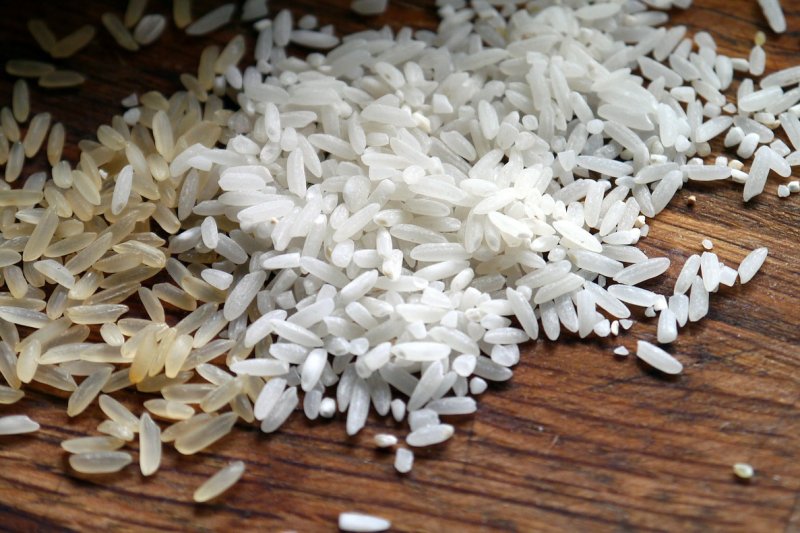Researchers have created a vegan probiotic beverage using protein from rice and peas that matches the quality of those made with animal proteins, according to a new study. Photo by
ImageParty/Pixabay
July 28 (UPI) -- More and more consumers are opting for plant-based proteins, but high-protein probiotic drinks are made with animal proteins.
Food scientists at the French research institute INRS have been working to develop a vegan option for drinkers of high-protein probiotic beverages. Unfortunately, most plant proteins are nutritionally inferior.
After exhaustive testing in INRS labs, however, researchers found pea and rice proteins can match the quality of animal proteins like casein, the protein found in milk.
Scientists shared their discovery in a new paper, published Wednesday in the journal PNAS.
Some amino acids can't be produced by the human body, and therefore, must be acquired via food. Most plant proteins fail to provide the full array of essential amino acids supplied by animal proteins.
By combining pea and rice proteins, researchers were able to assemble a more complete combination of amino acids.
In addition to offering incomplete animo acid profiles, plant proteins are also often difficult to digest.
"They often are non-soluble in water and under globular," lead author Monique Lacroix, professor at INRS, said in a press release.
"That means our digestive enzymes have more difficulty breaking them down. Animal proteins, on the other hand, usually take the form of elongated fibers that are easily processed by digestive enzymes," Lacroix said.
To solve this problem, researchers added the plant proteins prior to the fermentation process.
The lactic acid bacteria cultivated during fermentation helped partially digest the plant proteins. The predigestion process produced peptides, or protein fragments, making it easier for the plant proteins to be absorbed during digestion.
To develop the new drink formula, researchers used bacteria strains cultivated by the the company Bio-K+, including Lactobacillus acidophilus CL1285, L. casei LBC80R and L. rhamnosus CLR2. All three strains have been thoroughly tested and used in probiotic products developed by Health Canada.
Importantly, these probiotics and their bioavailability were not negatively impacted by the protein enrichment process, the researchers said.
"This work showed that the fermented PR-based beverage can preserve the viability of probiotics during gastrointestinal passage," researchers wrote in the paper.















